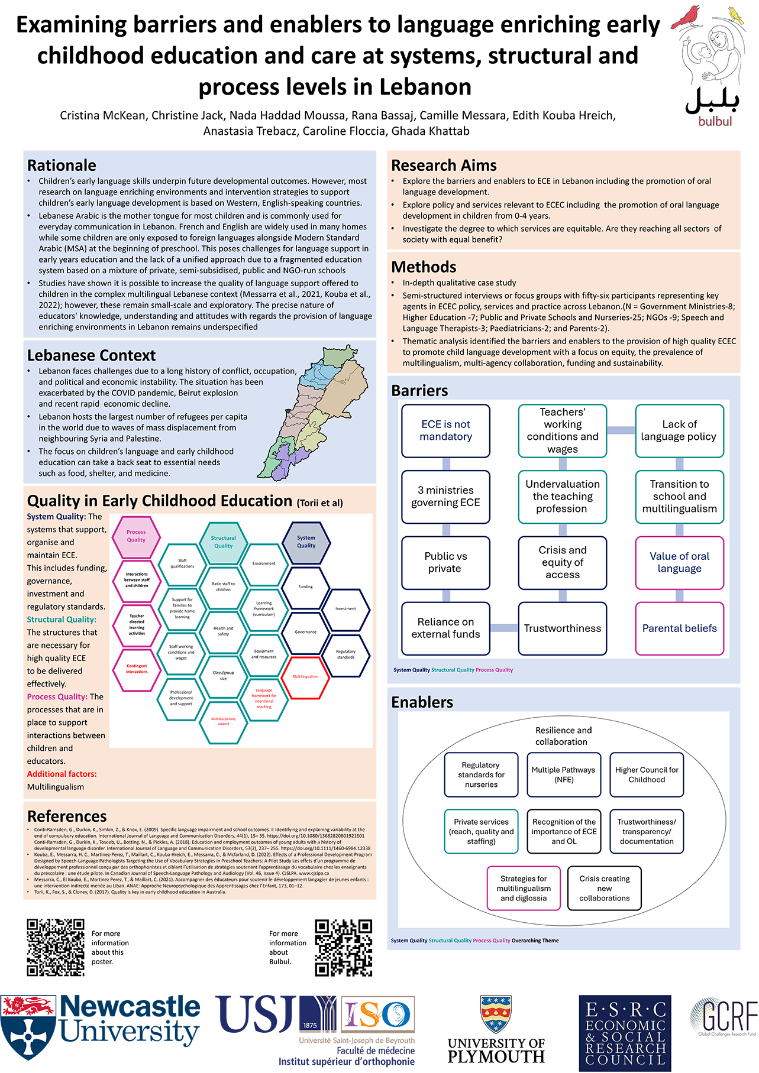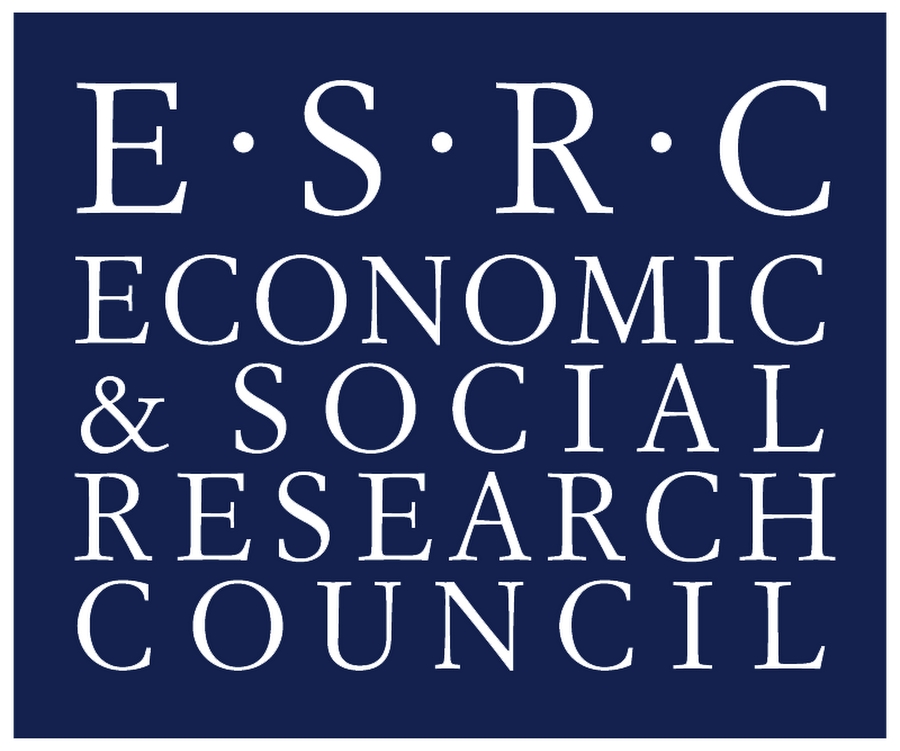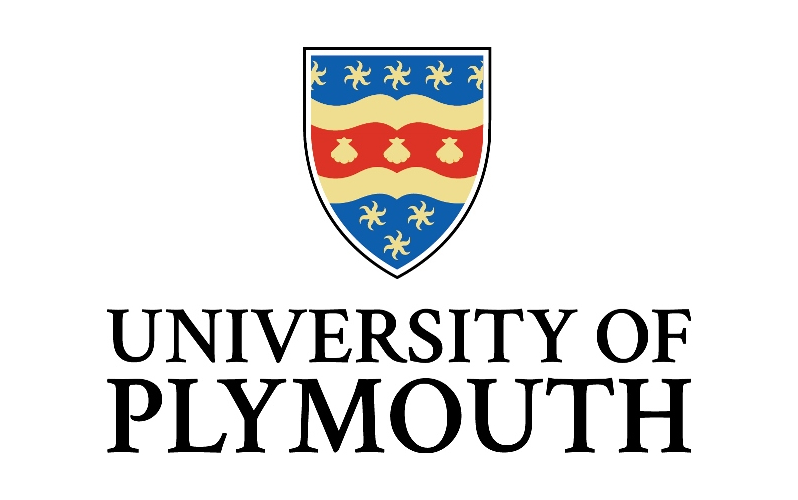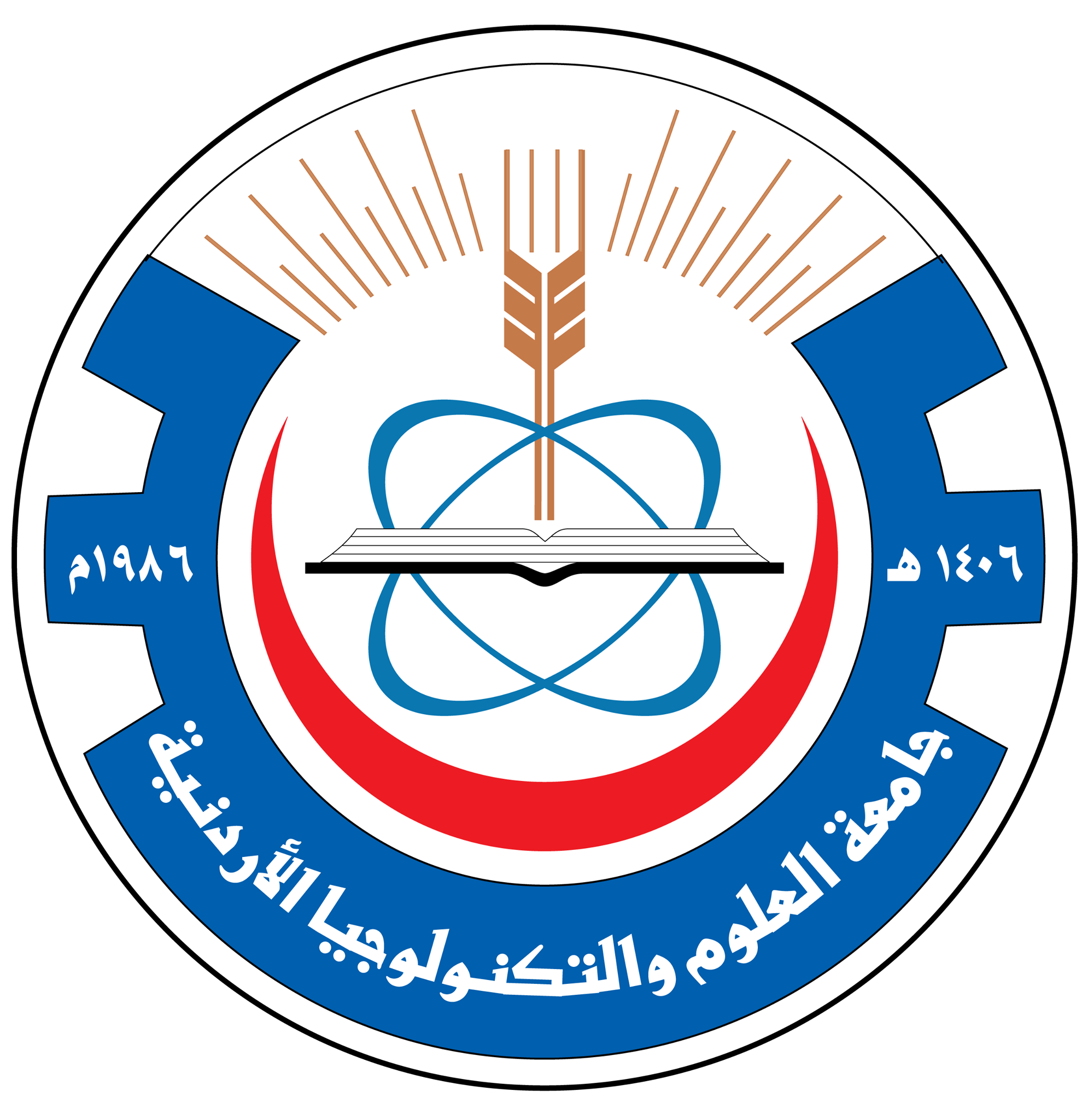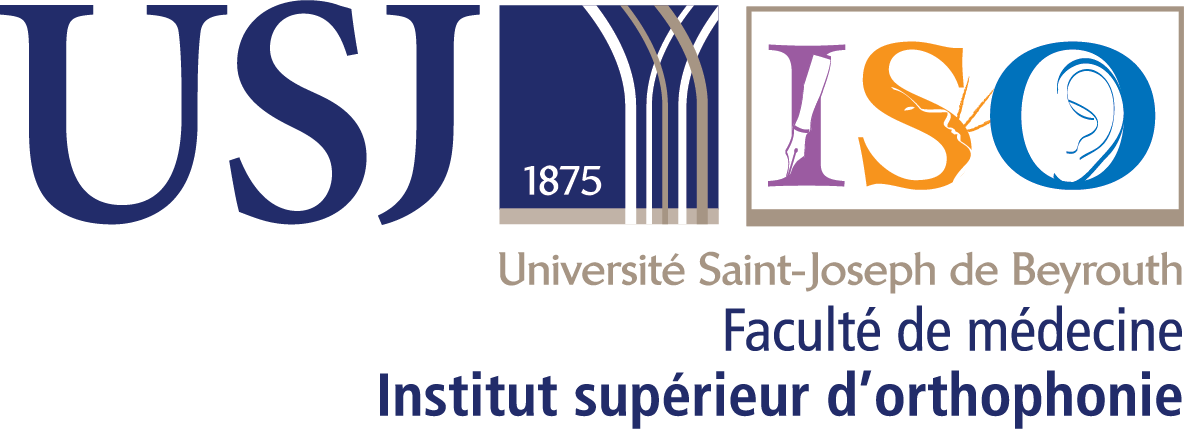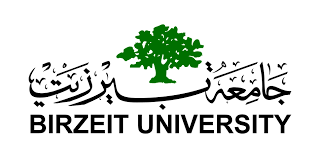July 2024
Examining barriers and enablers to language enriching early education and care at systems, structural and process levels in Lebanon
In July 2024 the Bulbul team shared the work we have been doing in Lebanon at the Child Language Symposium in Newcastle.
Abstract
High quality early childhood education and care (ECEC) provision is essential for all children to reach their potential in the development of their language abilities. The characteristics of ‘high quality’ ECEC provision which brings benefits to children’s language are well understood and documented but their implementation in practice is challenging. Lebanon is host to people with different religions, cultures, dialects, and languages. Arabic is the official language (and Arabic use is diglossic), but French and/or English are taught in the majority of schools from kindergarten. The degree to which children are equipped to encounter these languages in ECE is still misunderstood. Moreover, Lebanon is experiencing a complex economic, political and humanitarian crisis. Challenges due to a long history of political and economic instability, conflict and displacement have been exacerbated by the coronavirus pandemic, Beirut explosion and recent rapid economic decline. Lebanon hosts the largest number of refugees per capita in the world. Humanitarian need, once limited to refugees, is now seen amongst all population groups with 3.8 million people in need of humanitarian assistance in 2023. When families live in poverty, the focus on children’s language, early education and development can necessarily take a back seat in favour of meeting essential needs such as food, shelter, and medicine. If ECEC is to prepare the currently highly vulnerable population for a better future, then the promotion of robust language development for all is essential. However, any policy, service or practice initiatives to enable this must be contextually informed if they are to be successful and sustainable. Situated within the Bulbul research program this in-depth qualitative case study conducted semi-structured interviews or focus groups with fifty-six participants representing key agents in ECEC policy, services and practice across Lebanon (N = Government Ministries-8; Initial Teacher Training-7; Public and Private Schools and Nurseries-25; NGO providers and policy-9; Speech and Language Therapists-3; Paediatricians-2; and Parents-2). Results will be presented from thematic analysis which aims to characterise the barriers and enablers to the provision of high quality ECEC to promote child language development with a focus on equity, the prevalence of multilingualism, multi-agency collaboration, and sustainability.
For a copy of the the poster and some extra details see the CLS Handout (pdf)
